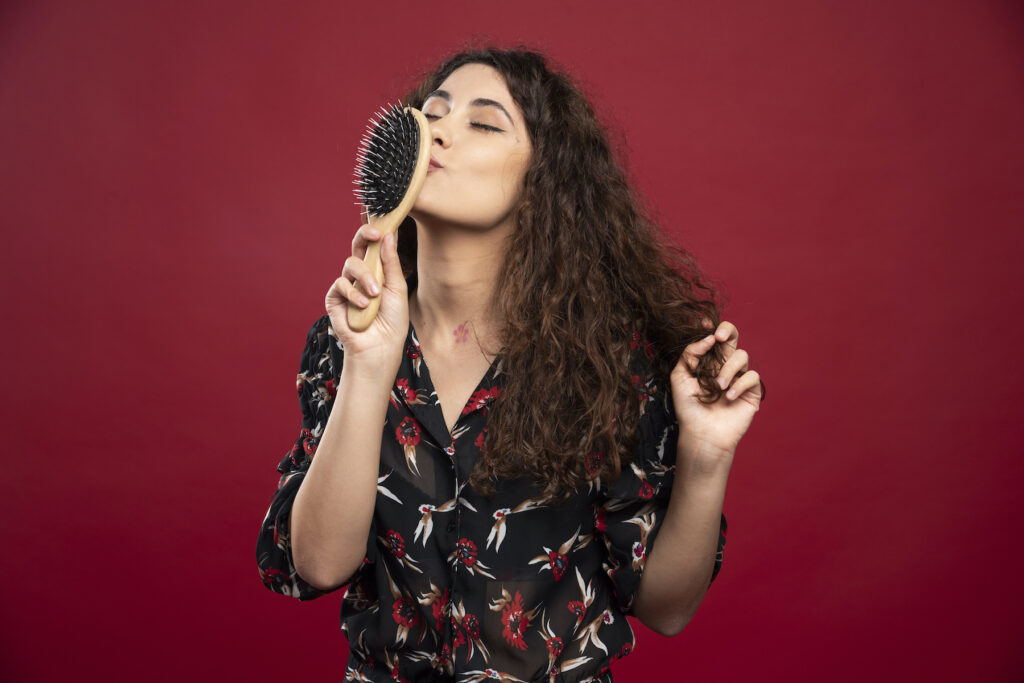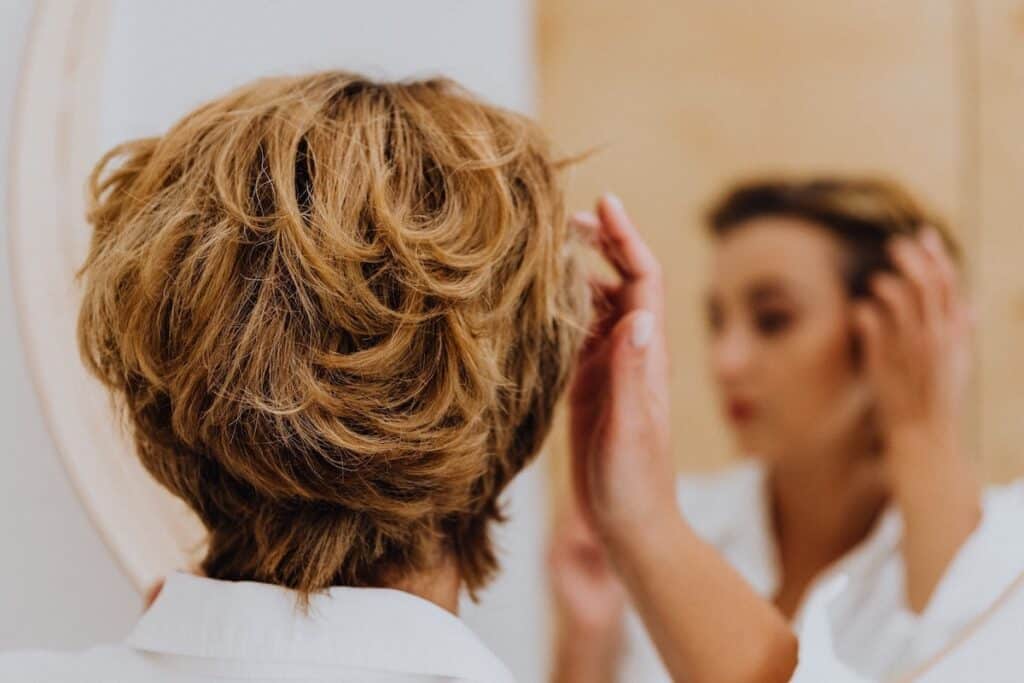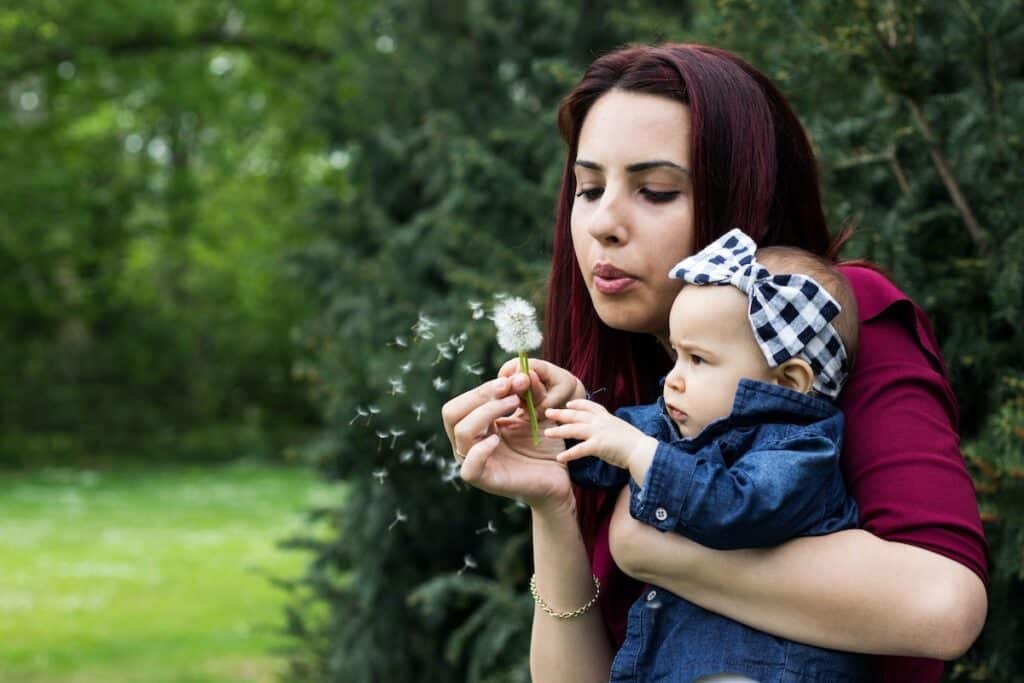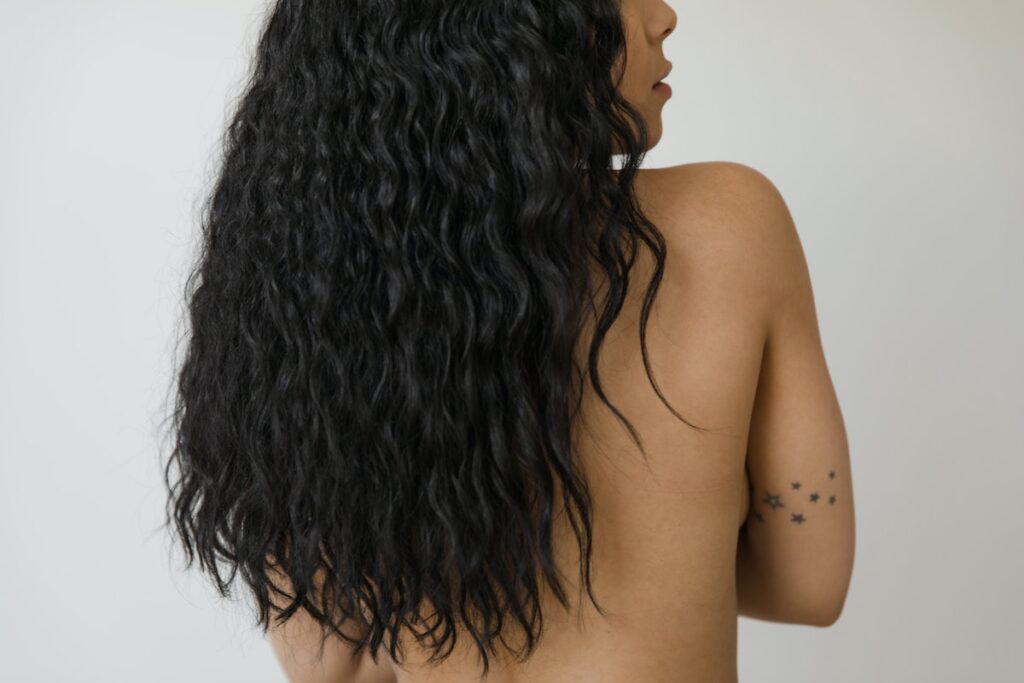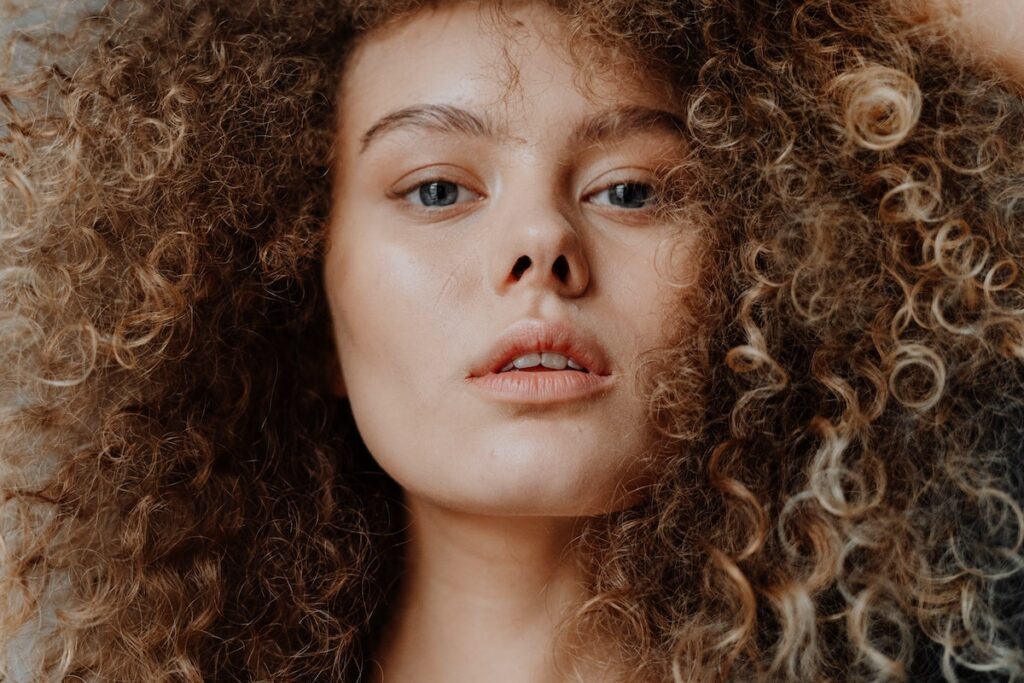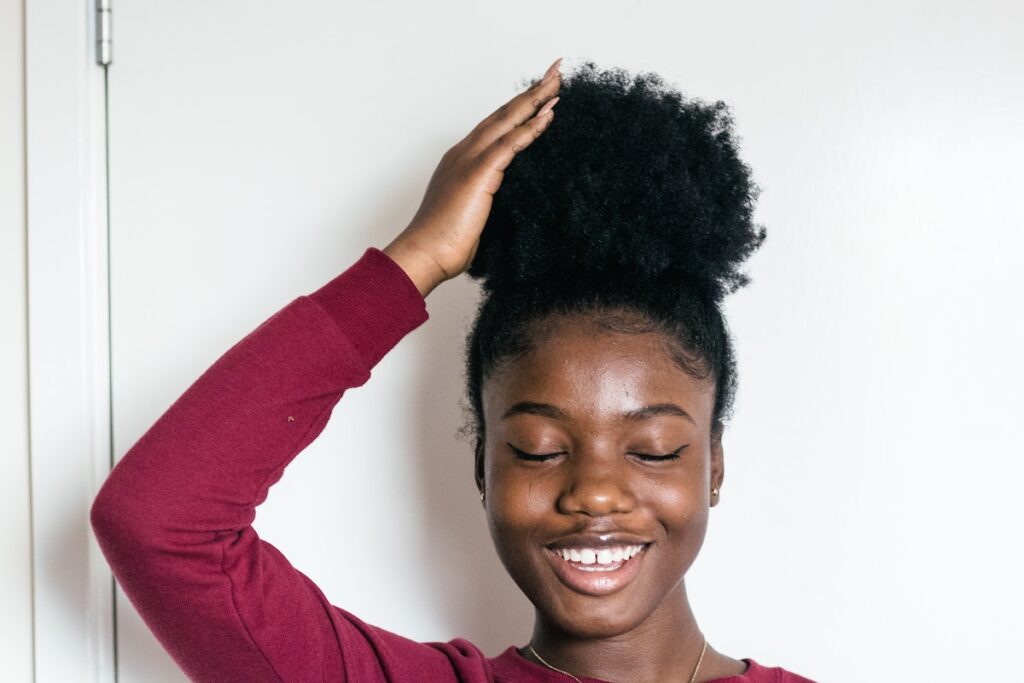Hair Fall
Understand everything there is to know about hair fall, find out why it's not inevitable and what you can do about it.
Anti-ageing hair care: what can you do to keep your hair looking younger?
Our hair is a reflection of our emotions (too much stress and it falls out in fistfuls), our health (thyroid problems and it changes texture, nutritional deficiencies and it grows more slowly) and, inevitably, our age. Of course,...Hair transplant: what happens next?
To combat your baldness and halt galloping baldness, you have had a hair transplant. Whether you opted for a hair transplant limited to small areas of the scalp to fill in a few thinning areas (such as the...Hair transplant: preparing well
As experts in hair health and regrowth, the Centre Clauderer assists many customers who want to make the most of their chances when it comes to having a hair transplant. Sometimes, all it takes is a simple remark from a...Hair loss and the menopause: what are the solutions?
The peri-menopause and menopause are unavoidable stages in a woman's life. This period of hormonal upheaval will last several years and affect our daily lives in more ways than one. Medically, the menopause is considered to be definitive...Premature male pattern baldness: what are the solutions?
According to several studies, hair loss is affecting younger and younger men, and the Specialists at the Centre Clauderer can testify that the phenomenon is very real (see our article Young and bald: myth or reality). It's usually...Young and (almost) bald: myth or reality?
Are men going bald younger and more often than before? The number of publications posted on the net on this subject begs the question. At Clauderer, we're seeing an increase in the number of...Brushing and hair loss: we take stock
We all want beautiful hair. Having shiny, strong, supple hair is synonymous with good health, vitality and well-being in the broadest sense. It's not just a question of self-esteem and appearance. In...Microbiota and hair loss
Hair loss, in particular hair loss or thinning hair of androgenetic origin, is caused by the sensitivity of the hair bulbs to the action of DHT, which in particular induces local inflammation of the scalpCOPY00Trichotillomania: causes and treatments
Trichotillomania is a disorder characterised by an irresistible and recurrent urge to pull out one's own hair, often leading to significant hair loss and distress. Linked to anxiety and stress, it oscillates between...Biotin for hair: does it really work?
Biotin, often presented as a key ingredient in hair products, is attracting growing interest from those looking to improve the health and appearance of their hair. This B vitamin, known as B7 or H, is one of the most...Scalp cyst: when should you worry?
The scalp, like other parts of our skin, can sometimes show abnormalities, such as the appearance of cysts. While most of these formations are benign and harmless, it's natural to wonder about their nature and the possible causes.What is scarring alopecia?
Scarring alopecia is a form of alopecia resulting from the permanent destruction of hair follicles. This form of baldness differs from other types of alopecia in that the hair loss is permanent. How does it happen?What is actinic keratosis of the scalp?
The scalp, often forgotten in our sun protection routine, is nonetheless an area vulnerable to the harmful effects of UV rays. One of the major concerns in hair dermatology is actinic keratosis of the scalp, a precancerous condition that can lead to...8 tips for healthy hair
Like our skin, our hair reflects our general state of health and the care we give it. Shiny, supple, strong hair is what many people want, but how do we achieve it? External aggressions, the...Hair bulb: what you need to know
At the base of each strand of hair is a vital structure, the hair bulb, which guarantees the health and growth of your hair. This small component underlying the scalp is at the heart of many questions...What role does folic acid play in hair?
Folic acid, often mentioned in the context of prenatal health, is much more than just a beneficial nutrient during pregnancy. This vitamin also plays a significant role in hair health. From shine to the prevention of...Autoimmune disease and hair loss: what you need to know
Hair loss, a phenomenon often associated with genetic factors or stressful events, can also be a tell-tale sign of more profound health problems, in particular autoimmune diseases. Understanding the link between autoimmune diseases...Scalp pruritus: causes and treatment
Scalp pruritus, more commonly known as itchy scalp, is a skin problem that can affect anyone at any time in their lives. It is often accompanied by feelings of discomfort, irritation...Lichen planus pilaris: how is it treated?
Lichen planus pilaris (LPP) is a skin condition which, although relatively unknown, has a significant impact on the quality of life of sufferers. Characterised by a persistent inflammation of the scalp, this autoimmune disease causes scarring alopecia, which...Hair loss and breastfeeding: what you need to know
Hair loss after childbirth, often accentuated during the breastfeeding period, is a phenomenon that worries many young mothers. Behind this experience, which can be a source of concern, lies a complex mix of hormonal changes, needs and...Hair loss: what is its symbolic meaning?
Hair health and beauty have always played an important role in people's lives, transcending the purely aesthetic aspect to take on connotations that are deeply rooted in the human psyche. Hair loss, or alopecia, is not just a...What illnesses are linked to hair loss?
Although hair loss is often associated with aesthetic problems and low self-esteem, it can also be a sign of more serious underlying illnesses. Underlying causes can range from autoimmune disorders,...Testosterone and hair loss: the role of hormones
Testosterone, a predominantly male hormone, plays a central role in hair growth and loss. For some, its conversion to dihydrotestosterone (DHT) can influence the miniaturisation of hair follicles, leading to androgenic alopecia, a common form of hair loss.What is traction alopecia?
Alopecia, the medical term for hair loss, can occur for a variety of reasons, ranging from genetic factors to skin conditions and hormonal imbalances. Among the different types of alopecia, traction alopecia is specific and...







